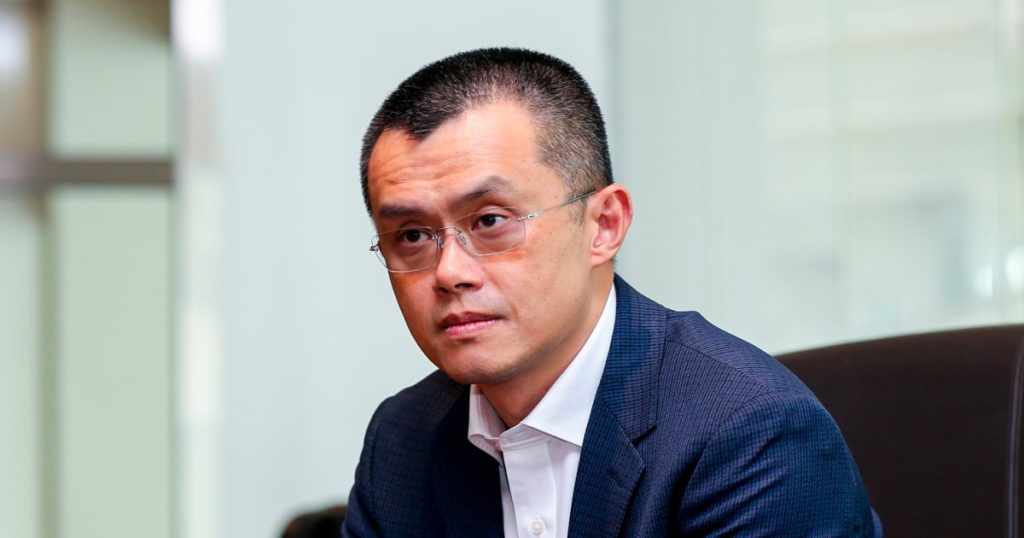U.S. prosecutors are seeking a higher than recommended sentence of 36 months for the former CEO of Binance, a cryptocurrency exchange, on charges of enabling money laundering. Under advisory guidelines, Zhao should have received a sentence of 12 to 18 months in prison. Prosecutors argue that a 36-month sentence is necessary to reflect the seriousness of the offense, promote respect for the law, deter others from similar crimes, and achieve the goals of sentencing.
Zhao is accused of failing to implement an effective anti-money laundering program as required by the Bank Secrecy Act, and allowing Binance to process transactions involving proceeds of unlawful activities. Binance has faced separate legal actions by the U.S. Securities and Exchange Commission and the Commodity Futures Trading Commission for mishandling customer assets and operating an unregistered exchange in the U.S. The U.S. has also accused Binance and Zhao of violating the Bank Secrecy Act and sanctions on Iran, resulting in a $4.3 billion fine for Binance and a $50 million fine for Zhao.
Zhao stepped down as Binance’s CEO in November after reaching a plea agreement and was replaced by Richard Teng. Prosecutors argue that Zhao violated U.S. law on an unprecedented scale and showed a deliberate disregard for Binance’s legal responsibilities. They claim that Binance operated on a “Wild West” model under Zhao’s control, with Zhao betting that he would not get caught and that the consequences would not be serious if he did.
Prosecutors stated in the memorandum that Zhao was caught, and now the court will determine the consequences he should face for his crimes. Zhao has not commented on the situation, and Binance has yet to respond to requests for comment. The prosecution’s argument emphasizes the need for a significant sentence to hold Zhao accountable for his actions, deter others from engaging in similar crimes, and uphold the integrity of the legal system.


